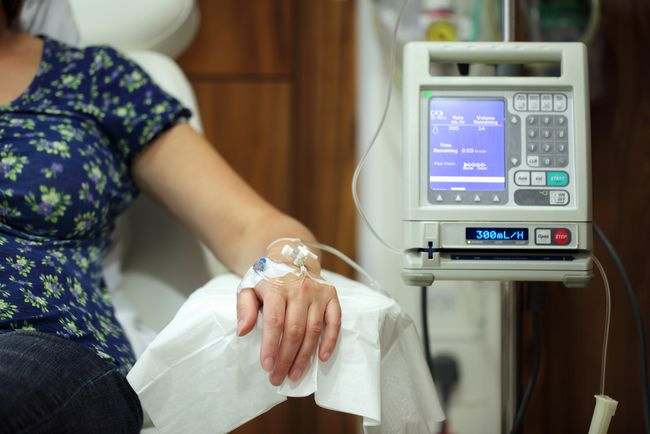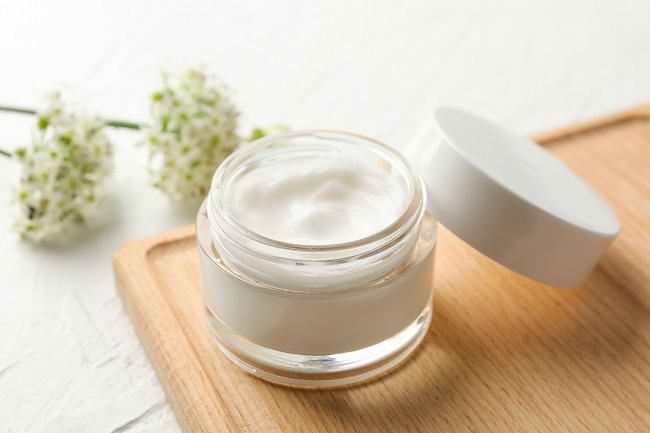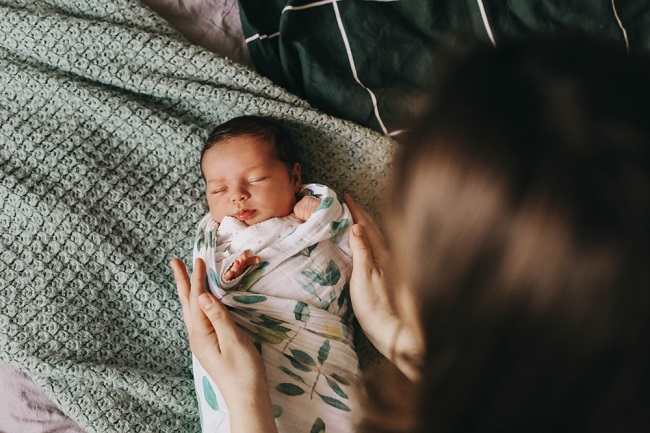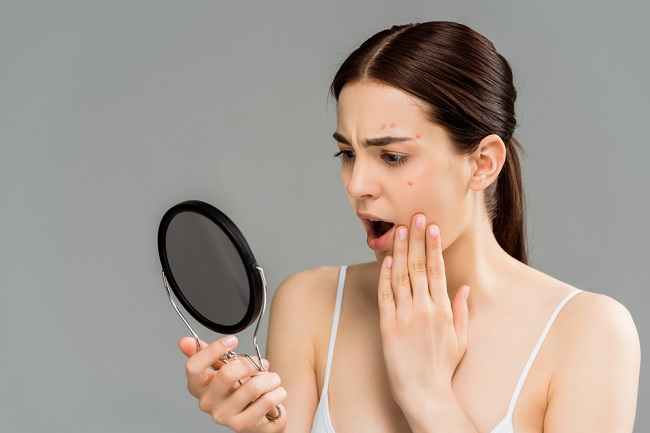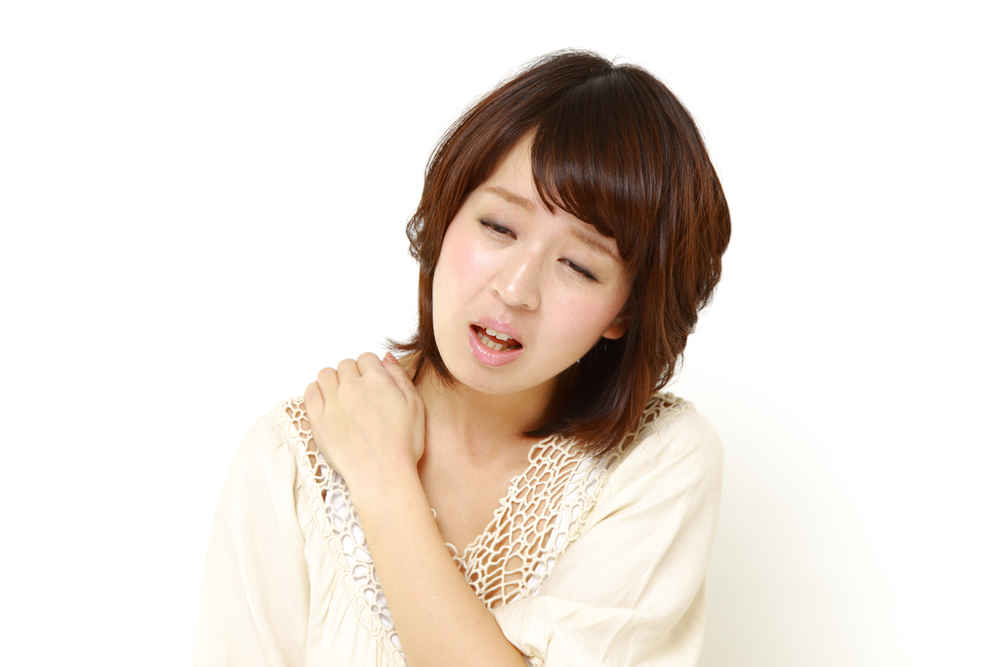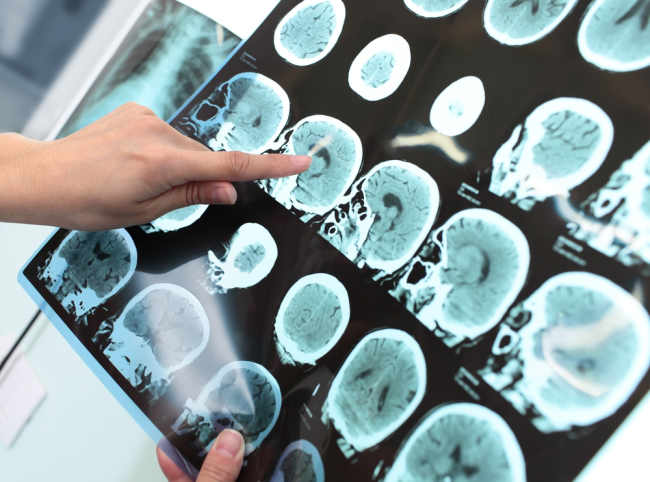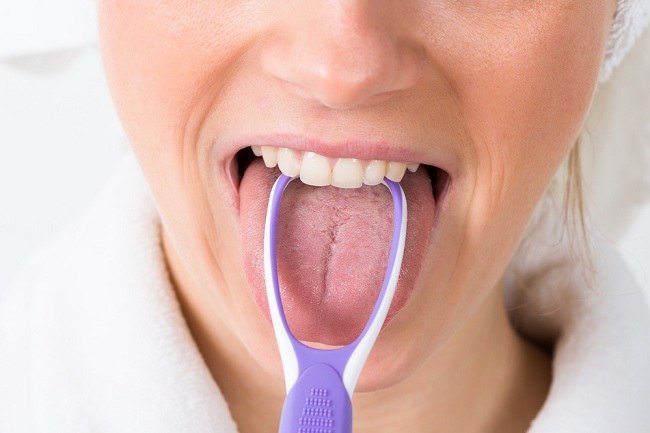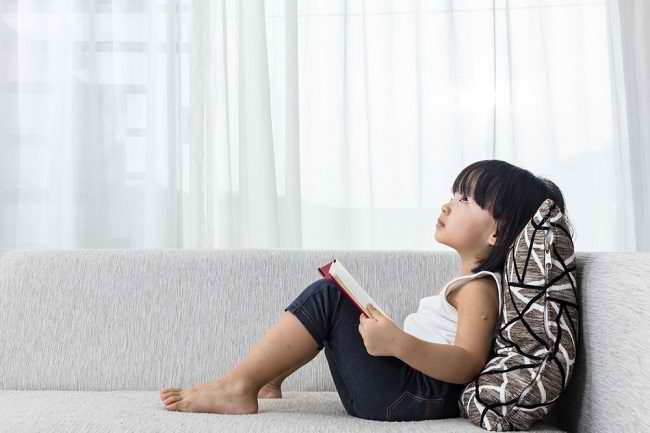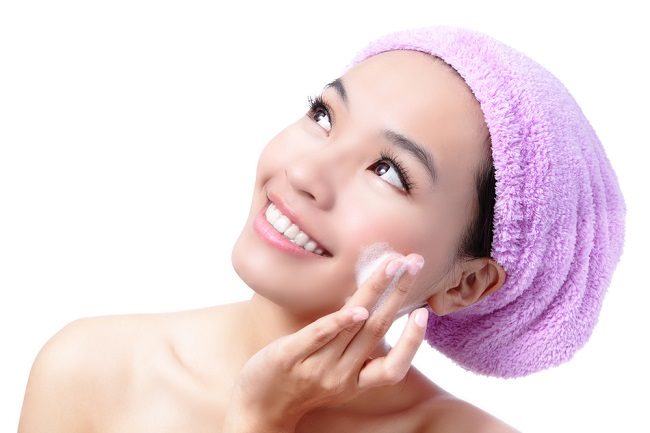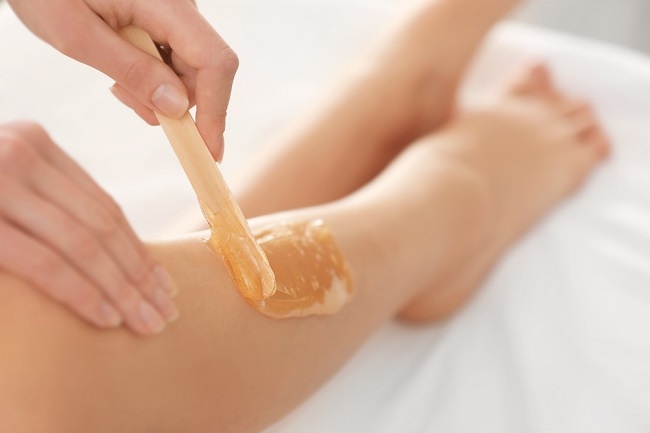If you feel a sensation like something moving in your hair and your scalp often feels itchy, it could be because you have lice in your hair. If left untreated and not treated immediately, the danger of head lice can spread topeople around you.
Head lice are parasitic insects that quite often attack humans. People who have head lice on their scalp are often considered to be lacking in keeping their body clean, but this assumption is not true. Anyone can get head lice.

Adult lice that dwell in the hair of this head looks about the size of a sesame seed. This parasite sucks blood from the scalp and can survive for several weeks on your scalp. Each female can even give birth to more than 100 eggs.
If not treated properly, head lice are very at risk of causing various problems, ranging from scalp infections to decreased quality of sleep.
Dangers of head lice that need attention
Despite their small size, head lice can cause big health problems. Even if left unchecked, the danger of head lice can not only harm your own health, but also spread to those around you.
The following are some of the dangers of head lice if not immediately eradicated:
1. Scalp infections
Head lice can release saliva when it bites the scalp. This can cause irritation and itching on the scalp because the immune system reacts to the saliva.
The itching caused by head lice can make you scratch your scalp often. If left unchecked, this scratching habit can cause sores and infections on the scalp.
2. Easy mcontagious to other people
Head lice can spread easily from one person to another, no matter whether you are diligent about keeping your hair clean or not. These nuisance insects usually spread directly from one person's hair to the hair of other people who are nearby, for example in people who sleep in the same bed with people with head lice infection.
Head lice can also be spread through objects that are shared with other people, such as hats, helmets, hair clips, combs, towels, or pillows. Therefore, avoid the use of personal equipment to prevent the transmission of head lice.
3. Patients with head lice infection are at risk of becoming sleep deprived
Head lice are most active at night or in the dark. This will make the sufferer often scratch his head continuously all night, so that the time and quality of sleep will be disturbed.
4. Head lice can continue to multiply
Increasing the number of lice can make itching worse and increase the risk of infection or eczema on the scalp. The increasing number of lice can also make the risk of transmitting head lice to be higher.
5. Reduce self-confidence
The self-confidence of people affected by lice, whether small children or adults, is very likely to decrease because of suffering from this condition. Plus, if you get ridicule from friends or feel inferior because they are considered less diligent in maintaining personal hygiene.
How to get rid of head lice
If you don't want the danger of head lice to occur and spread to other people, free your beautiful hair from the clutches of this annoying parasite. There are several simple and inexpensive ways to get rid of head lice, either naturally or using drugs. Here are the ways:
Combing and caring for hair
Purchase a fine, fine toothed comb specifically for lice removal. Then, shampoo as usual using shampoo and hair conditioner. After wet hair or using conditioner, comb the hair with a lice comb.
When combing hair, make sure the comb touches the scalp. Pull the comb from the roots to the ends of the hair in one continuous motion and then clean the comb that has been used with a tissue.
Apply this motion to all sections of your hair, at least twice in each section to make sure there are no more lice or nits left. Repeat brushing every 3 days, at least for the next 2 weeks.
To keep the comb clean, boil the comb that has been used for a few minutes or soak the comb in a disinfectant solution for about 20 minutes after use.
Using essential oils
Some essential oils are believed to help kill head lice on the scalp. Some essential oils that can be used are eucalyptus, ylang oil, clove oil, lavender oil, anise oil (anise oil), and tea tree oil.
How to use it is to wash your hair first, then apply essential oil on a comb and then comb your hair as mentioned above.
Using flea repellent
You can also get rid of lice in your hair by using lice medications sold at pharmacies. Some of the drugs commonly used to eradicate head lice are: permethrin,pyrethrin and ivermectin. Generally these drugs are available in the form of shampoo or cream. To use it properly, read the information on the packaging, or consult a doctor first.
In addition to people with head lice infections, people who live close together or share personal items with people with head lice infections also need to undergo treatment to eradicate head lice. This is to prevent the lice from reoccurring.
If the head lice are very annoying and the above methods are not able to handle it, see a doctor immediately to get further treatment.
